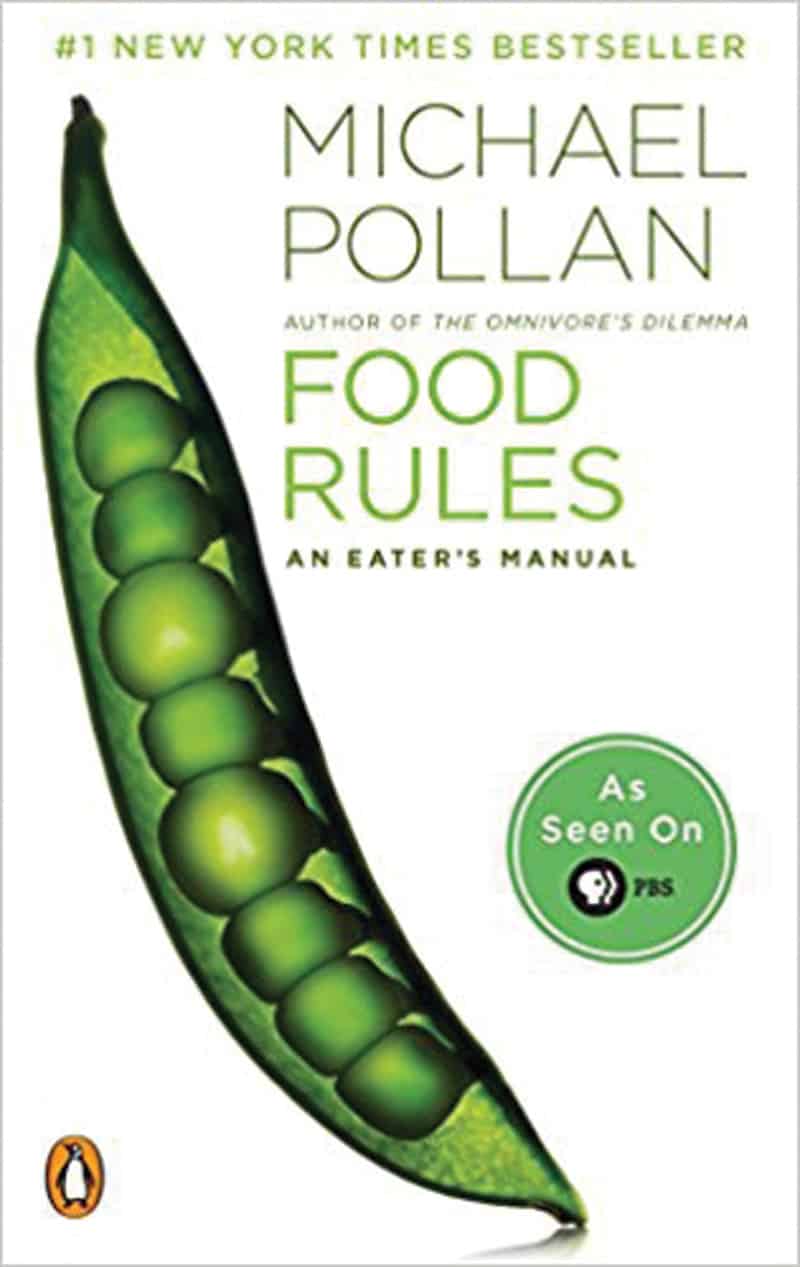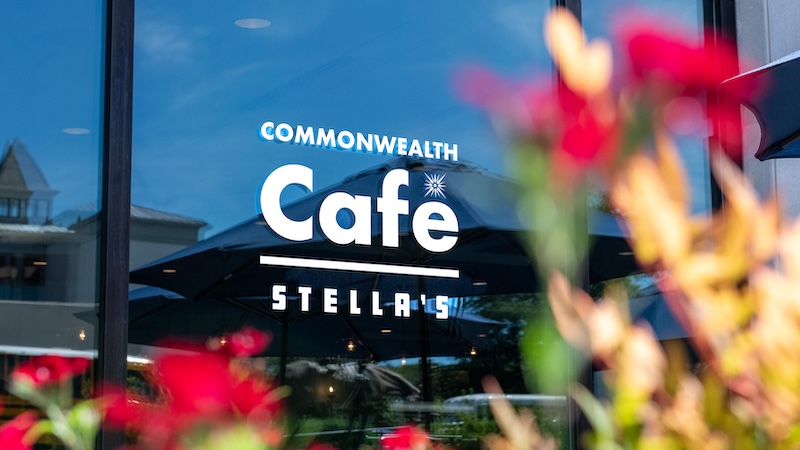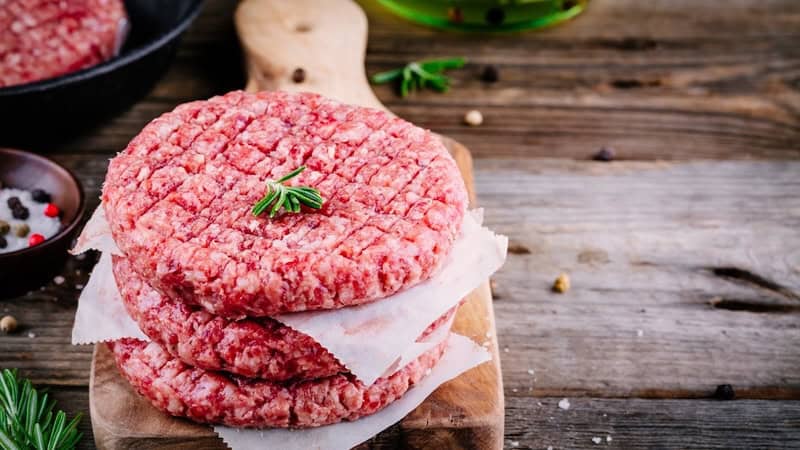You Are What You Eat
Transforming your health with a plant-focused diet

“Eat food. Not too much. Mostly plants.”
Such is the cover copy, opening line and repeating refrain of the book In Defense of Food: An Eater’s Manifesto and its author, journalist Michael Pollan.
Rather than expressing a minority fringe opinion, Pollan’s attitude reflects a growing sentiment among scientists, physicians and dietitians. The National Institutes of Health reports that wholesome vegetarian diets have health advantages over diets of meat and other animal-based foods, including lower intake of saturated fat and cholesterol and higher intake of complex carbohydrates, fiber and important nutrients.
“Well-balanced vegetarian diets are appropriate for all stages of the life cycle, including children, adolescents, pregnant and lactating women, the elderly and competitive athletes,” the NIH report continues. “In most cases, vegetarian diets are beneficial in the prevention and treatment of certain diseases, such as cardiovascular disease, hypertension, diabetes, cancer, osteoporosis, renal disease and dementia, as well as diverticular disease, gallstones and rheumatoid arthritis.”
As Pollan points out, “Vegetarians are less susceptible to most of the Western diseases, and as a consequence live longer than the rest of us.” In addition to the beneficial nutrients in plants, he explains, “Plant foods – with the exception of seeds – are less energy dense than most of the other things you might eat, [so] by eating a plant-based diet you will likely consume fewer calories (which is itself protective against many chronic diseases).”
Most militant vegans and vegetarians aren’t Michael Pollan fans. Although he admits there are valid ethical and environmental reasons for not eating meat, he says, “Near vegetarians – so-called flexitarians [consuming less than one serving of meat per day] – are just as healthy as vegetarians.”

NOT ALL FOOD IS CREATED EQUAL
The best-selling lettuce in the U.S., iceberg, is also the least nutritious. Jo Robinson, author of Eating on the Wild Side: The Missing Link to Optimum Health, explains that hundreds of generations of farmers (not just today’s industrial farmers) have gradually redesigned plants to make them easier to grow and more enjoyable to eat. Unfortunately, the redesign has resulted in a loss of vitamins, minerals and other elements essential to health.
With leafy greens, for example, improving taste meant minimizing bitterness, which also stripped away beneficial phytonutrients and calcium. Modern corn is sweeter than its ancestors, with some varieties as high as 40 percent sugar – tasty, indeed, but as impactful on blood sugar as a Snickers bar. In addition, yesterday’s corn contained about 30 percent protein versus merely 4 percent in today’s corn.
Serving as an invaluable reference guide, Eating on the Wild Side suggests the most nutritious plant choices as well as the most healthful preparation methods: small wild blueberries are better for you than big plump ones (and frozen blueberries are almost as nutritious as fresh); choose dark leafy greens rather than light-colored lettuce; pick Braeburn versus golden delicious apples (and be sure to eat the skin); eat broccoli raw versus cooked (and if you do cook it, steam it for no more than four minutes or sauté it with extra virgin olive oil and garlic).
Another suggestion for choosing the best foods comes from Pollan: “You are what you eat eats too.” In essence, produce that is organic or natural “eats” nutrients from healthy soil and passes nutrients on to you. If you consume meat, eggs or milk, look for products from animals fed primarily on grass rather than grain (“100% grass fed” cattle and “pastured” chickens) and is free of antibiotics and hormones.
But remember, just because something is labeled organic doesn’t mean it’s nutritious! Even organic cookies have sugar and empty calories.
Finally, shop the perimeter of the grocery store – since produce, dairy, meat and fish lie typically at the outside and processed foods in the center aisles, your choices are naturally healthier. Or better yet, says Pollan: “Get out of the supermarket whenever possible,” such as to the farmers’ market or your own garden.
MAKING THE MOVE
Changing your diet isn’t easy. Old habits die hard, and even a poorly planned vegetarian diet can be deficient in nutrients.
“Baby steps,” says Tina Shiver, a registered dietitian and functional medicine practitioner. “It might be they start with buying healthy organic frozen vegetables … They can start with a handful of vegetables that they like, then add a handful each week.” Shiver recommends eating a variety of colors – orange sweet potatoes, green arugula, red beets – which contributes a variety of phytonutrients, and the deeper the color the better. “It might be as simple as adding spinach to an omelet or grating carrot into a turkey chili.”
Hunger can gnaw at someone just making the switch from meats to plants. “That’s a positive and not a negative,” Shiver says. “You need to be a little hungry. If you continue to be, then something is off, and you need to add more protein or fiber or something that will satiate you … Eat more nuts and seeds, olives or olive oils – something that will stay with you longer.”
Fortunately, eating healthier kicks off a virtuous cycle: the more you eat fresh, the more you prefer fresh foods to processed, both in taste and in how vibrant they make you feel!
See Boomer’s review of The Complete Vegetarian Cookbook!
BOOMER’S TOP 10 FAVORITE “FOOD RULES”
Chosen from the 64 succinct and handy tips in Food Rules: An Eater’s Manual, by Michael Pollan
- Don’t eat anything your great-grandmother wouldn’t recognize as food.
- Avoid food products containing ingredients that a third-grader cannot pronounce.
- It’s not food if it arrived through the window of your car.
- Pay more, eat less.
- Stop eating before you’re full.
- Eat slowly.
- Buy smaller plates and glasses.

- Don’t get your fuel from the same place your car does.
- Leave something on your plate.
- Break the rules once in a while.
NEW OLD-FASHIONED WISDOM
Besides Grandma’s admonition to eat your vegetables, one of our founding fathers recognized the benefits.
“I have lived temperately, eating little animal food, and that, not as an aliment so much as a condiment for the vegetables, which constitute my principal diet.”
–Thomas Jefferson


